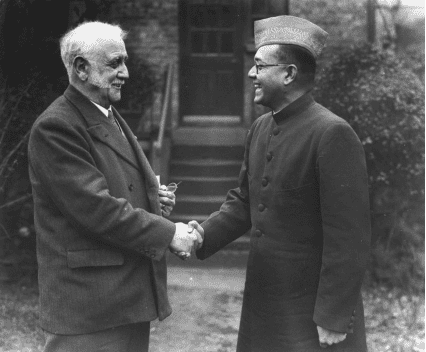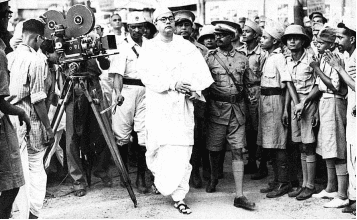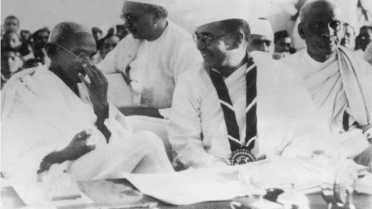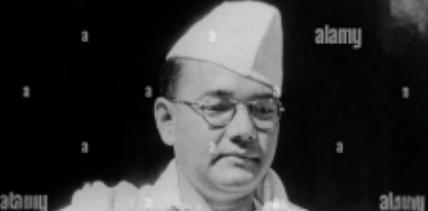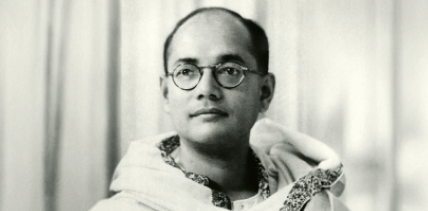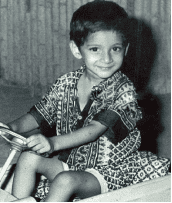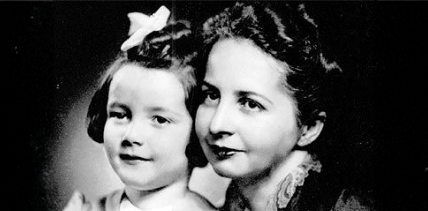About Netaji Subhas Chandra Bose
Netaji Subhas Chandra Bose was an Indian nationalist leader who played a pivotal role in India's struggle for independence against British rule. Born on January 23, 1897, in Cuttack, Odisha, Bose was a brilliant student, earning a degree from the University of Calcutta and later going to England to prepare for the Indian Civil Services (ICS). However, his passion for India's freedom led him to abandon his ICS aspirations and join the Indian National Congress (INC). Bose quickly rose through the ranks of the INC, becoming known for his radical views and his advocacy for complete independence from British rule, as opposed to the more moderate approach favoured by some leaders. He was elected as the President of the INC in 1938 and 1939 but resigned due to differences with Mahatma Gandhi and other leaders over their non-violent approach.
Bose's vision for India’s freedom was to leverage the support of Axis powers during World War II. He escaped from house arrest in India in 1941, travelling through Afghanistan to Germany, where he sought support from Adolf Hitler. In 1943, he went to Japan, where he took command of the Indian National Army (INA), which had been formed by Indian prisoners of war and expatriates.
Under Bose’s leadership, the INA fought alongside Japanese forces against the British in the northeast of India and Burma. Although the INA was ultimately unsuccessful and disbanded following Japan's defeat, Bose's efforts significantly impacted the Indian independence movement, inspiring many with his bravery and dedication. Bose's mysterious death in a plane crash in Taiwan in August 1945 has been the subject of much speculation and controversy. Despite various investigations, the exact circumstances of his death remain unresolved.
Bose is remembered as a hero in India, with numerous institutions, monuments, and awards named in his honour. His legacy endures as a symbol of courage and determination in the fight for India's independence.




